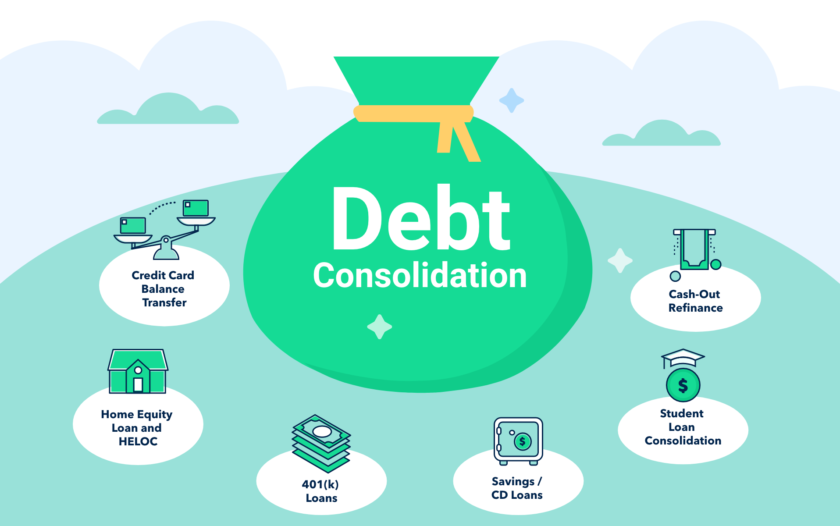Environmental Laggards: Struggling with Sustainability
Sustainability Stumbles in the Corporate Landscape
In the vast landscape of corporate entities, there exists a category often overshadowed by their more environmentally conscious counterparts – the Environmental Laggards. These companies, for various reasons, find themselves struggling to keep up with the momentum of sustainability, facing challenges that hinder their progress toward eco-friendly practices.
Amidst the discussions about sustainability, there’s a platform dedicated to shedding light on the efforts and struggles of these companies. Non Eco Friendly Companies serves as a resource, aiming to spark awareness and provide opportunities for improvement in the corporate sustainability journey.
The Environmental Toll of Non-Eco Practices
Non-eco friendly companies often find themselves contributing to environmental degradation. From excessive carbon emissions and poor waste management to a disregard for sustainable sourcing, their practices can have a significant impact on ecosystems, contributing to pollution and the depletion of natural resources.
Resistance to Change and Inertia
One of the key reasons for these companies’ struggles with sustainability is often resistance to change. Established processes, ingrained in traditional business models, can create inertia against adopting eco-friendly practices. Overcoming this resistance requires a fundamental shift in mindset and a willingness to embrace new, sustainable approaches.
Short-Term Gains vs. Long-Term Sustainability
Environmental laggards may prioritize short-term gains over long-term sustainability. The pressure for immediate profits sometimes leads to decisions that compromise eco-friendly alternatives. This trade-off mentality can hinder the adoption of sustainable practices that may take longer to yield financial benefits.
Lack of Transparent Communication
Transparent communication is a hallmark of eco-friendly companies, but for non-eco friendly ones, it’s often a challenge. The lack of open communication about sustainability initiatives or the absence of clear goals can contribute to a perception of disinterest in environmental responsibility. Transparency is a crucial step towards building trust with stakeholders.
Regulatory Compliance vs. Ethical Responsibility
While some non-eco friendly companies may comply with minimum environmental regulations, their practices might not align with a broader ethical responsibility toward the planet. The focus on meeting legal requirements rather than going above and beyond can limit their positive impact on the environment.
Cost Considerations and Budget Constraints
For some companies, particularly smaller businesses, the perceived high costs associated with eco-friendly practices can act as a deterrent. Budget constraints may lead to prioritizing cost-effectiveness over sustainability. However, it’s essential to recognize that sustainable practices can often lead to long-term cost savings and enhanced brand value.
Lack of Employee Engagement
A crucial aspect of a successful sustainability journey is the engagement of employees. Non-eco friendly companies may struggle with instilling a sense of environmental responsibility among their workforce. Without employee involvement and awareness, implementing sustainable practices becomes an uphill battle.
Missed Opportunities for Innovation
Innovation often goes hand in hand with sustainability, but non-eco friendly companies may miss out on opportunities for groundbreaking solutions. The reluctance to invest in green technologies or explore innovative eco-friendly alternatives can hinder their ability to adapt to a rapidly changing business landscape.
Competitive Disadvantage in the Market
As consumer awareness about sustainability grows, non-eco friendly companies risk facing a competitive disadvantage in the market. Consumers increasingly prefer environmentally conscious brands, and a lack of commitment to sustainability can result in a loss of market share and customer loyalty.
Overcoming the Struggle: A Call to Action
While environmental laggards face considerable challenges, the journey towards sustainability is not out of reach. It requires a commitment to change, transparent communication, and a recognition of the long-term benefits of eco-friendly practices. Non Eco Friendly Companies offers resources and guidance to support companies in overcoming these challenges and embarking on a more sustainable path. The call to action is not just for the benefit of the companies themselves but for the planet and future generations.











